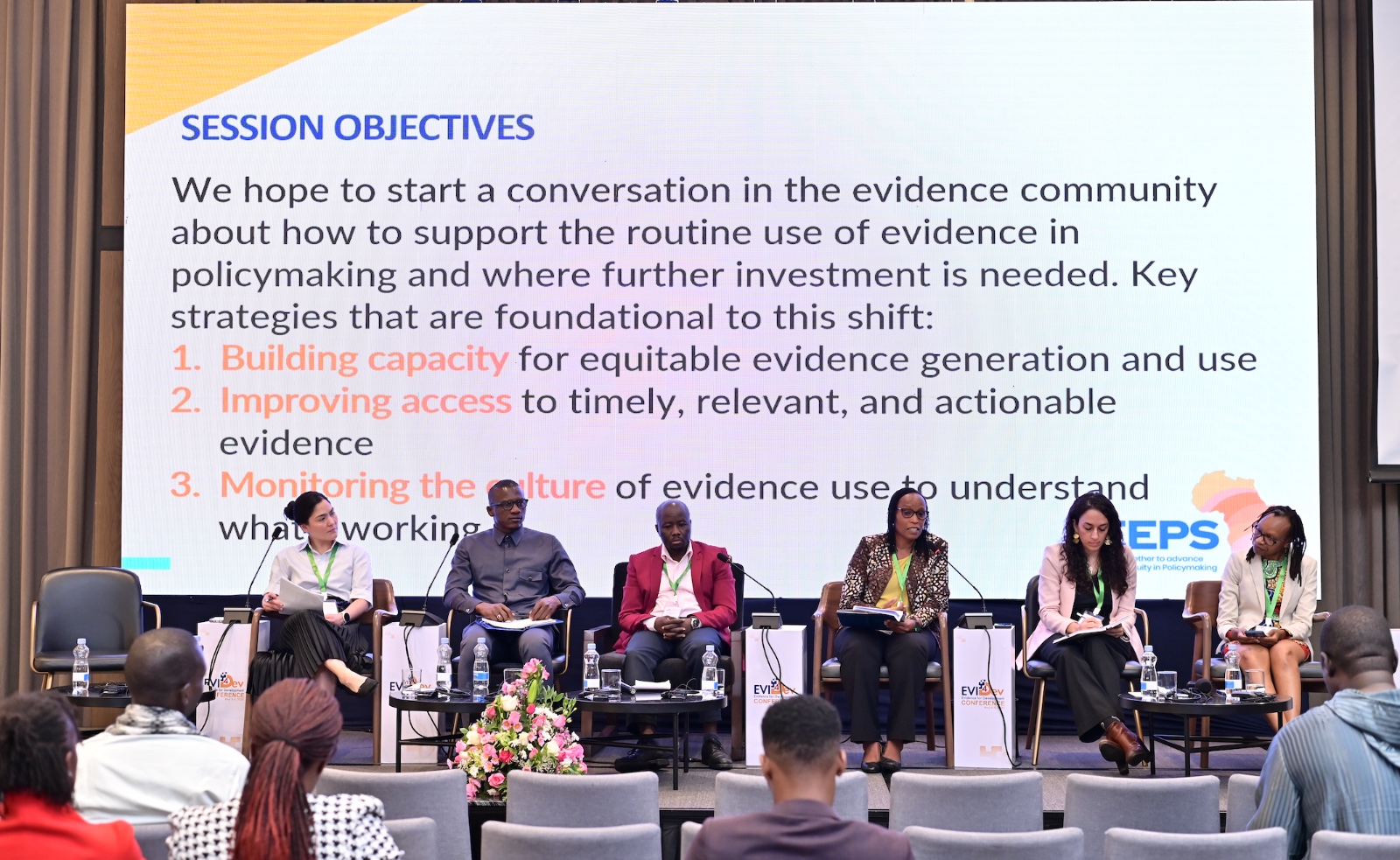

Urgent appeals by health experts from across Africa are
growing for the continent to shift from generating innovative ideas to
delivering tangible results that can transform the health sector.
Various stakeholders who convened at the Evidence for
Development Conference 2025 in Nairobi stressed the importance of translating
research and innovation into practical solutions that can transform healthcare
and improve the lives of people on the ground.
Speaking during the third and final day of the conference on
Thursday, one message was clear: while innovation and ideation are vital
starting points in providing solutions to societal challenges facing the
continent, the real impact lies in validating these ideas, securing the
necessary resources, and executing them effectively.
Yemaachi Biotech co-founder and CEO Yaw Bediako, Ghana
emphasised that innovation and invention should go hand in hand in developing
ideas in the scientific ecosystem, which can then be executed by the private
sector.
“The real question we must ask is: Why are we focusing more
on innovation than on invention? We keep bringing new ideas to the table, yet
we lack the space and support to truly test and break them down, refine, and
rebuild them into workable solutions,” he stated.
He urged the governments of the different states to
eliminate structural and institutional barriers that hinder the effective
application of talent in developing and delivering solutions.
This, he said, can be done by incentivising the private
sector to attract more investments, exploring Public Private Partnerships
(PPPs), and funding venues that can lead to health reforms.
“The states should also make it easier for talent to move
across Africa without paying for the expensive permits,” he said.
Chief Resource Mobilisation Officer at the COMESA
Secretariat, Deo Kamweya, emphasised that the research and development sector
plays a crucial role in delivering effective solutions, stating that increasing
the number of PhD holders on the continent would significantly contribute to
advancing this sector and fostering innovation.
“Every year, China, with a population of 1.4 billion,
produces 57,000 PhDs, while the United States produces 23,000. In contrast,
Africa is fortunate if we produce 2,000. Yet, we continue to discuss
innovation,” he said.
“According to World Bank reports, for Africa to transform
its research and development sector, we must produce 100,000 PhDs over the next
decade.”
A key challenge identified by the experts was the urgent
need to address the ongoing brain drain, which continues to hinder Africa's
innovation growth.
They noted that retaining and nurturing homegrown talent is essential for driving innovation and ensuring that African solutions are developed by African minds.
African Institute of Biomedical Science & Technology
President Collen Masimirembwa, Zimbabwe, expressed his frustration over the
loss of talent, noting that organisations invest significantly in training
professionals, only for them to leave and seek opportunities abroad.
He further called on governments to reconsider their
approach of hastily encouraging individuals to start their own companies,
pointing out that only about 1 per cent of the population are natural
entrepreneurs, while the vast majority function as part of the working capital
needed to sustain established enterprises and public institutions.
The conference underscored a critical shift needed in
Africa’s innovation landscape from generating ideas to ensuring their practical
application and measurable impact.
Experts stressed that innovation must be paired with
invention, supported by strong research and development ecosystems, and
sustained by policies that prioritise retention of talent and mobility.


![[PHOTOS] Evidence for Development conference kicks off in Nairobi](/_next/image?url=https%3A%2F%2Fcdn.radioafrica.digital%2Fimage%2F2025%2F05%2Ff68f8d02-9977-4528-856e-febc5b472bde.jpeg&w=3840&q=100)









